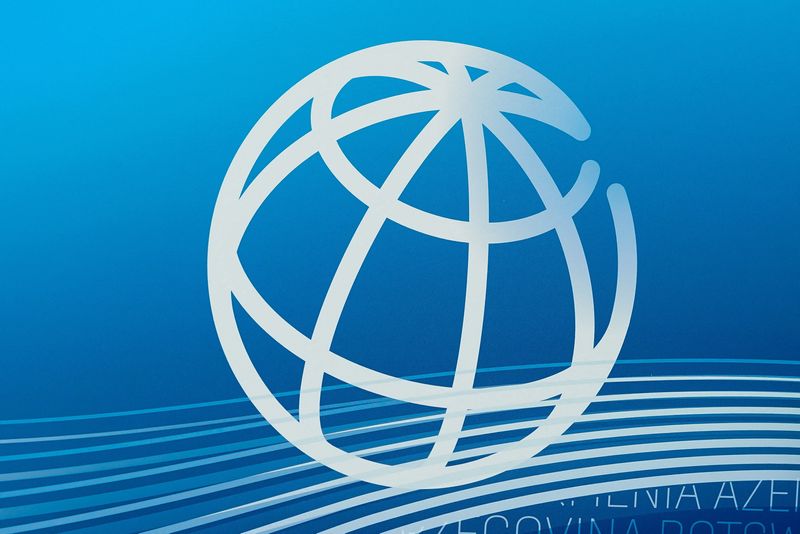By Andrea Shalal
WASHINGTON (Reuters) - World Bank Chief Economist Indermit Gill is calling for new approaches to address the mounting debt crisis facing many countries, including steps to factor domestic borrowing into assessment of a country's debt sustainability.
Gill told Reuters the Common Framework set up by the Group of 20 major economies to help the poorest countries had resulted in only glacial progress because it did not account for 61% of developing countries' external debt held by private creditors, a far larger share than decades ago.
Only four countries - Zambia, Chad, Ethiopia and Ghana - have applied for relief under the G20 mechanism set up in late 2020 at the height of the COVID-19 pandemic, although the International Monetary Fund estimates that many more - 60% of low-income countries - are in or at high risk of debt distress.
Only Chad has reached a debt relief deal with creditors - and it does not include an actual reduction in debt.
Rising interest rates in the United States and other advanced economies would keep money flowing out of emerging markets for some time, just as in the 1980s, and that, Gill said in an interview this week, would result in "more train wrecks."
"Debt levels are already starting to hurt prospects, getting them into the wrong kind of spiral," he said ahead of a World Bank seminar on debt on Wednesday. "Many of these countries are in debt crisis already. A country like Egypt is under water."
The Common Framework should be replaced, he said, in the strongest terms used by a World Bank official. "It's not the right machinery."
About two-third of Ghana's external debt, for example, is privately held, but the framework is focused on Paris Club official creditors and newer lenders like China, now the world's largest sovereign creditor. It also lacked common rules for dealing with countries' debts, he added.
REVISIT BRADY BONDS?
He said a new sovereign debt roundtable set up to address challenges in the debt relief process brought in debtor nations and private sector players, but achieved only modest results.
IMF officials said China and other participants reached a common understanding that multilateral development banks could provide positive net flows of loans and grants to countries in need, instead of accepting "haircuts."
But Gill said China likely did not see that as binding since the meeting was not intended to be a decision-making mechanism.
Issuing Brady bonds - sovereign debt securities denominated in dollars and backed by U.S. Treasuries - as during the 1980s debt crisis might address some of the deficiencies, Gill noted, adding that those bonds had been largely retired, indicating their success.
One key issue remained how the IMF and the World Bank assessed the debt sustainability of countries while excluding domestic borrowing, which masked too-high levels of borrowing.

That happened in part because developing countries had built up their domestic financial sectors but without the corresponding sustainable fiscal frameworks, Gill said.
"Suddenly your assessment tool, which is only looking at assuming that these guys can only borrow abroad, is no longer appropriate," he said.